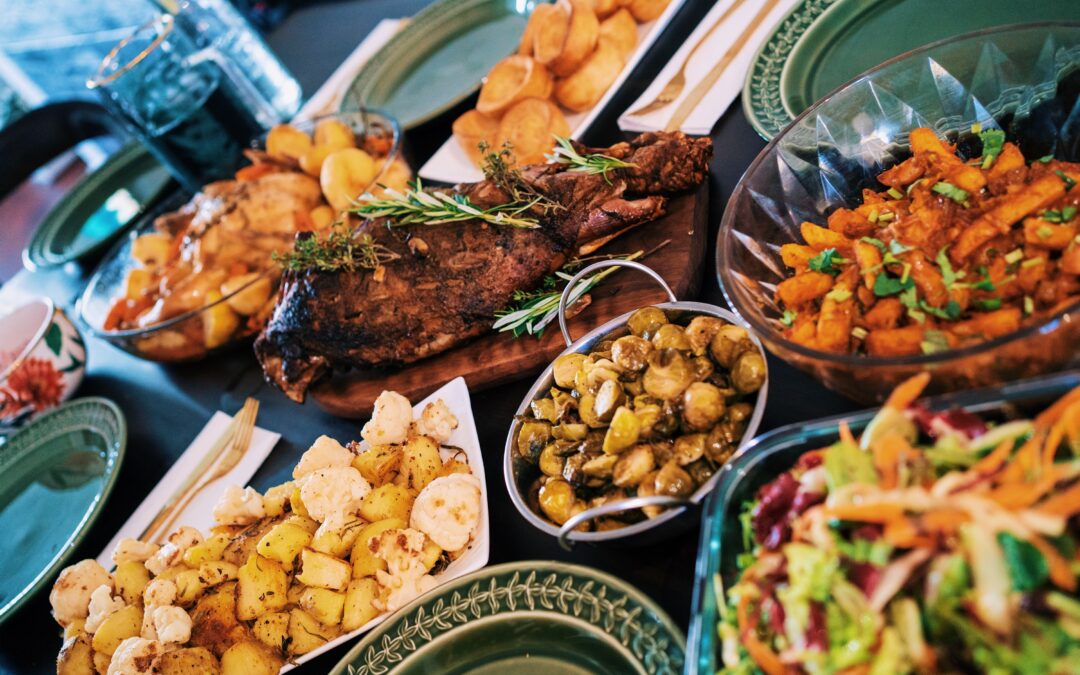Country music songwriters, politicians, and marketers know the power of nostalgia. And better times past can be more than rose-tinged memories. Childhood should be safer with fewer cares than adulthood. So songs, campaigns, and ads invite us back to better times.
When Yahweh establishes his covenant with a people or person, he gives something for which to be nostalgic. He is now my shepherd. I will not lack. He has me lie down in green pastures and guides me to still waters. When I realize my soul is lost, he restores it then leads me in righteous paths for his name’s sake. My fledgling Christian experience has Caleb’s confidence and his daughter’s—the mountain is mine and so are the springs.
But eventually I walk in the valley, death’s darkness stalking. The difference: I do not fear as before; I am not alone; I have a shepherd walking with me whose rod and staff evidence his compassion for me. He comforts me.
Nostalgia tells me how good it would be simply to get back to the mountain, away from the enemy. But Yahweh does not want me to go back to the beginning. What he has is so much better than the beginning that it is worth every shadow in the valley. The idea is more than I can understand from either side: my experience has no higher standard than the beginning, and no room to make sense of the darkness’ depth. But he assures me. The threats of the valley are not vanquished and dispersed. Instead, Yahweh gathers them to sit and watch as he himself sets a feast before me, anoints my head effusively, and fills my cup to overflowing.
The last phrases in the shepherd’s song take on a new hue: surely goodness and mercy will follow me all the days of my life—Yahweh will not leave me wanting even in the valley. And though I believe, I will not grasp how rich the feast, the anointing, the cup at Yahweh’s table, until I dwell there forever.
Paul acknowledges both the certainty and incomprehensibility of that end when he reckons that the suffering of the present time cannot be compared with the glory to be revealed in us.
To a week walking with our Comforter: grateful for the beginning’s field, but desiring the end’s table.

